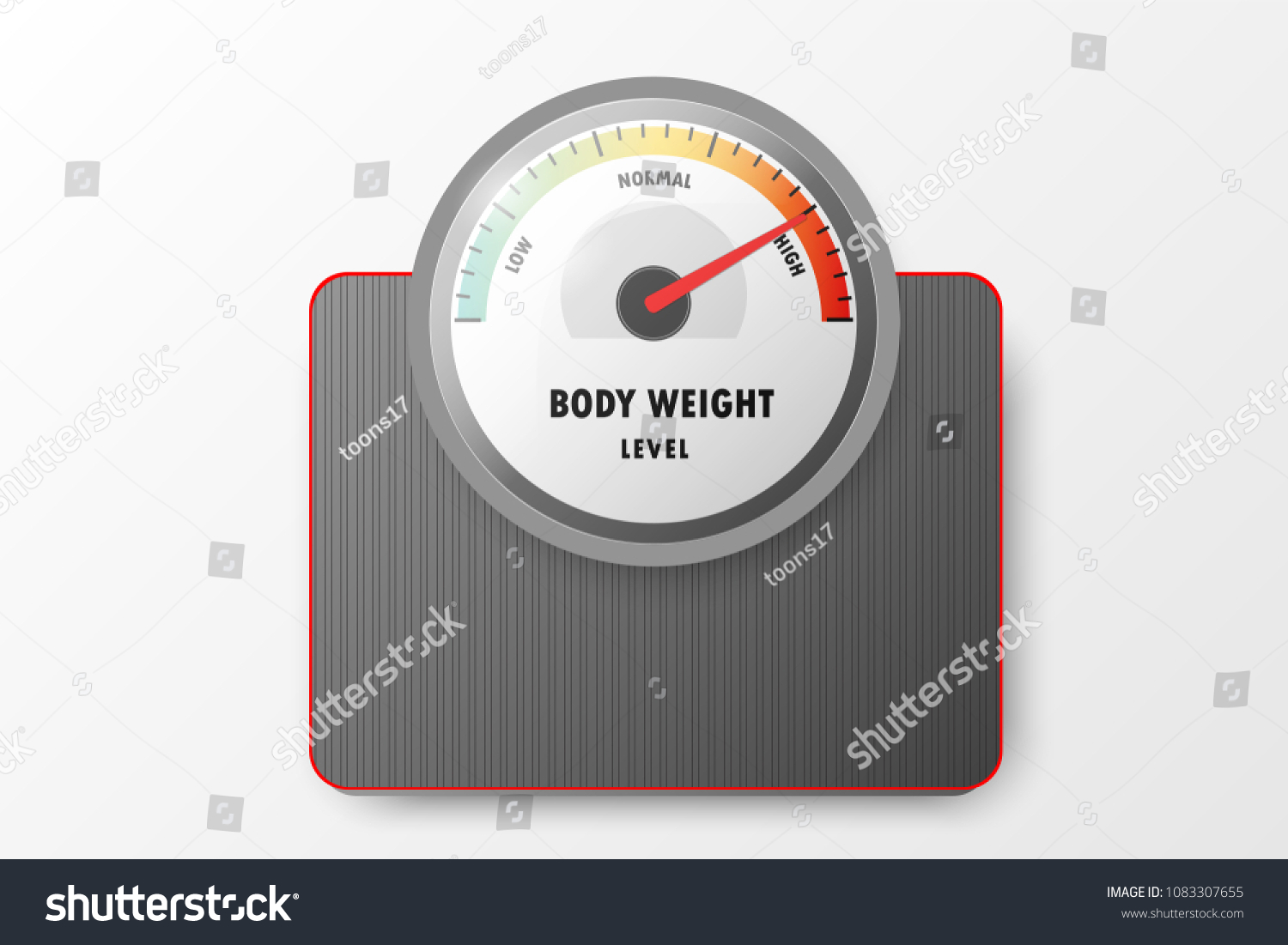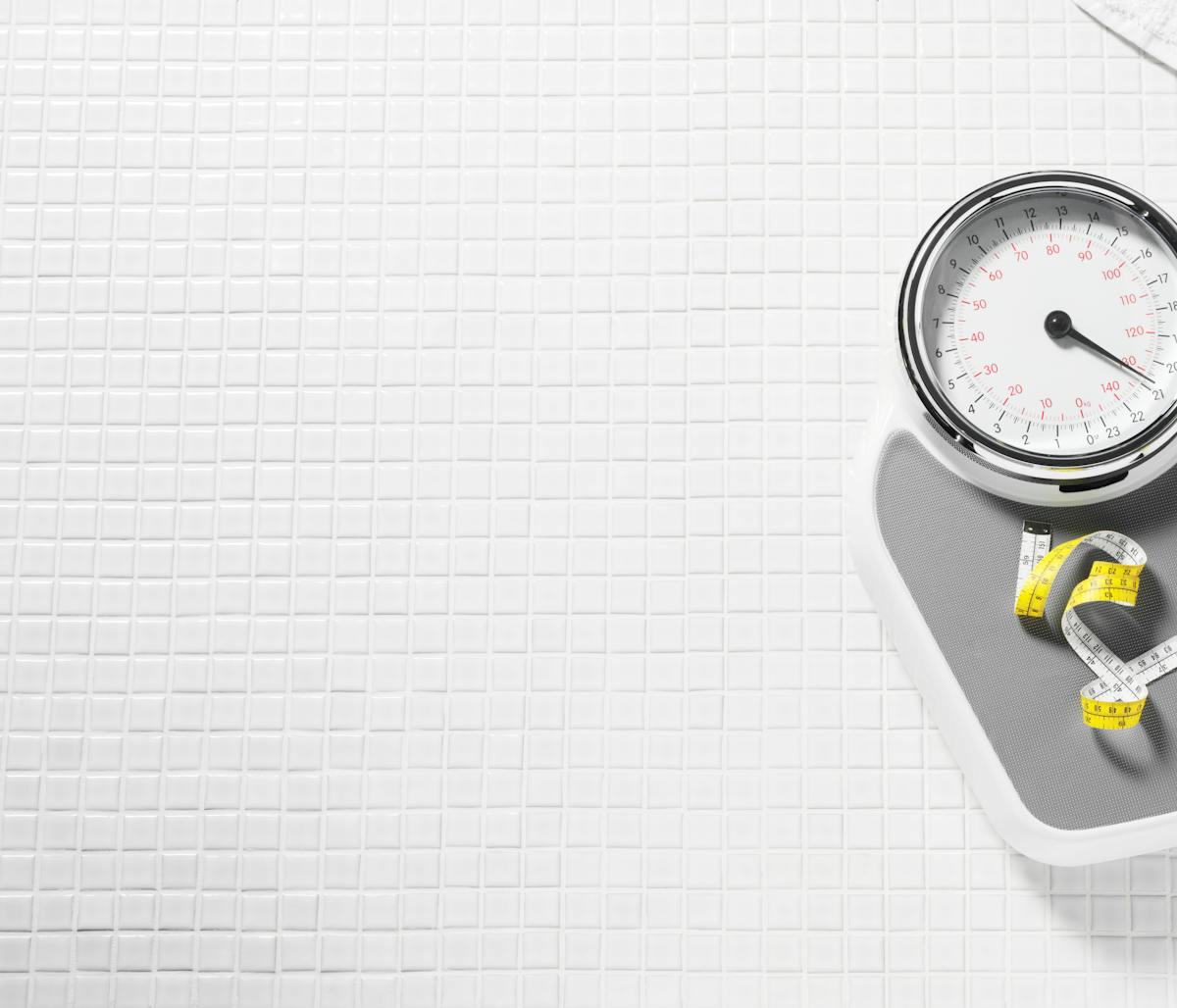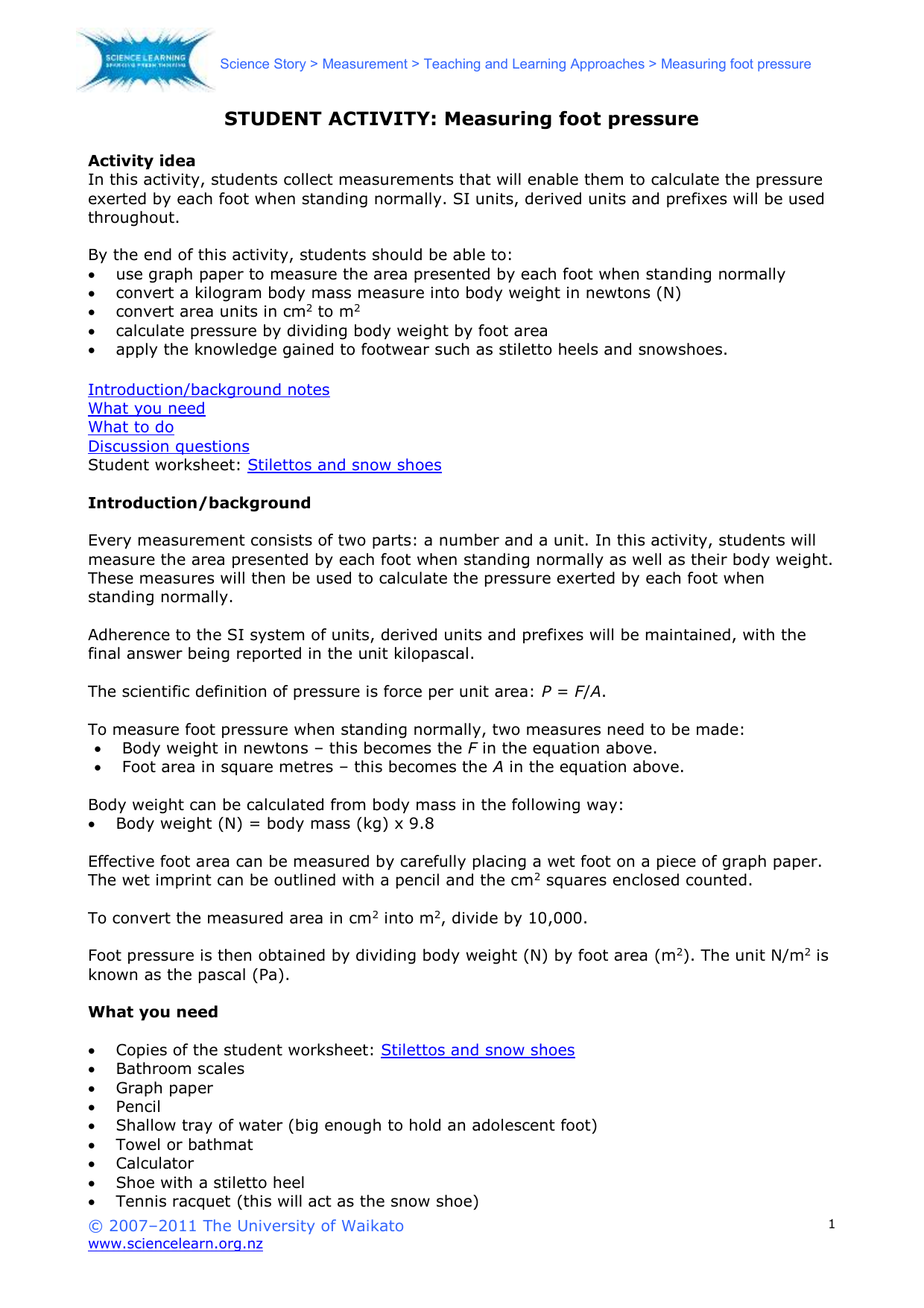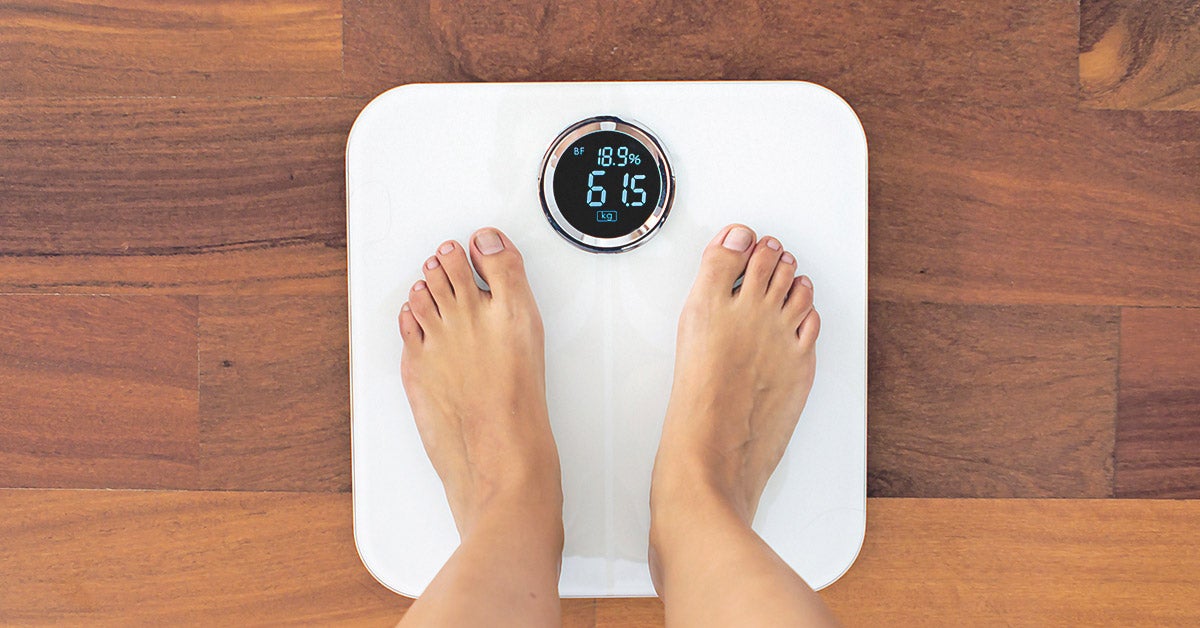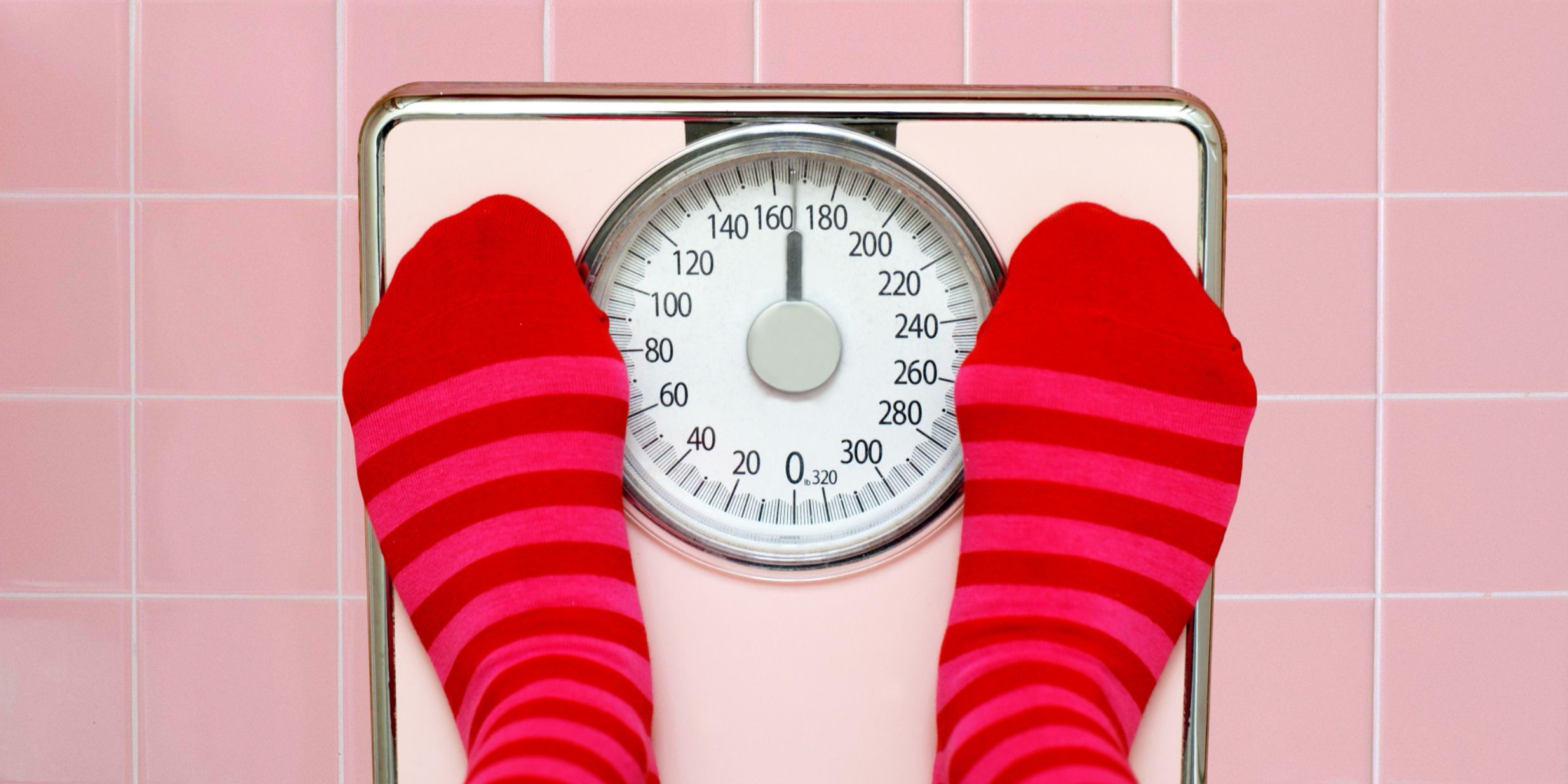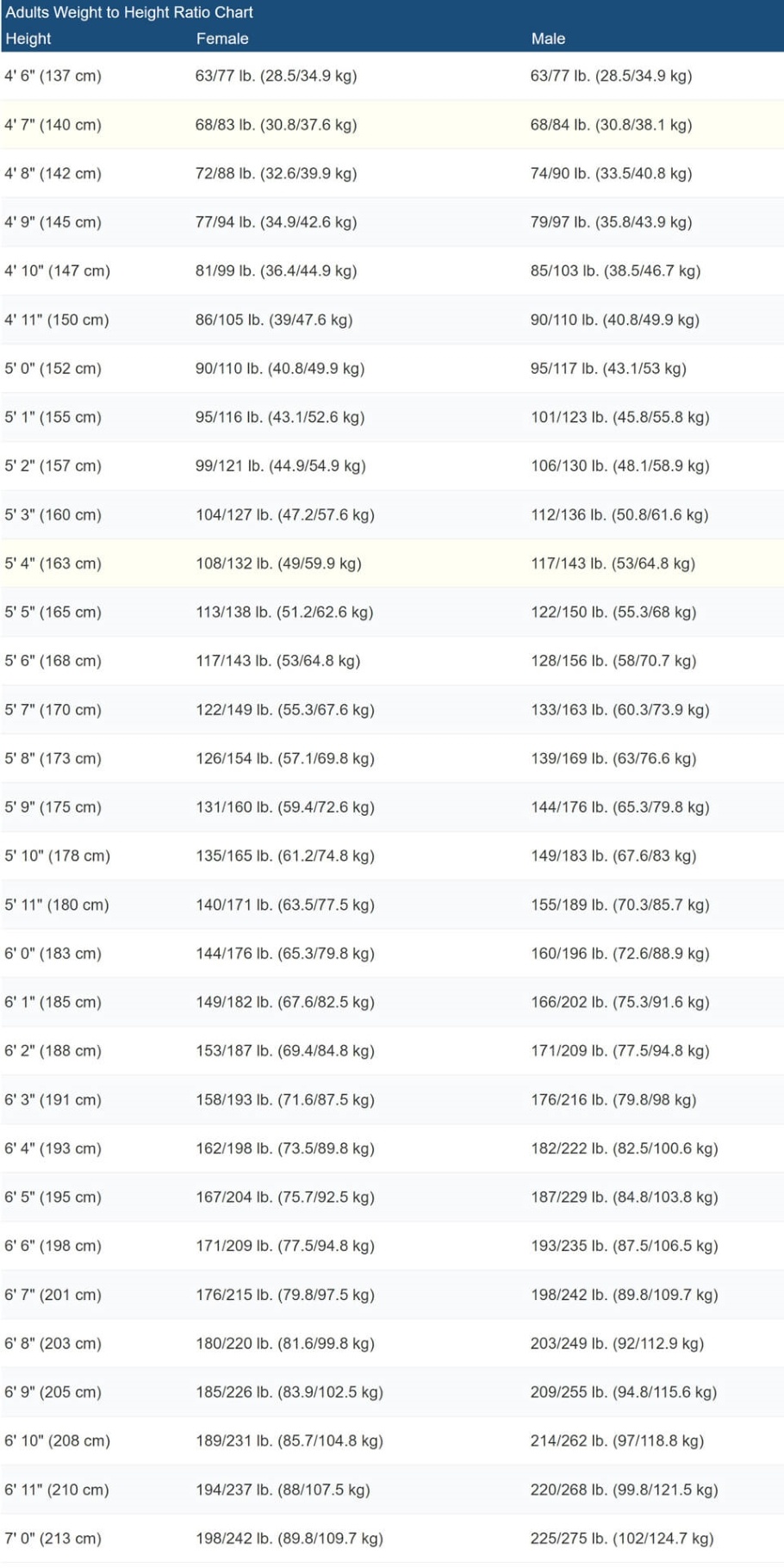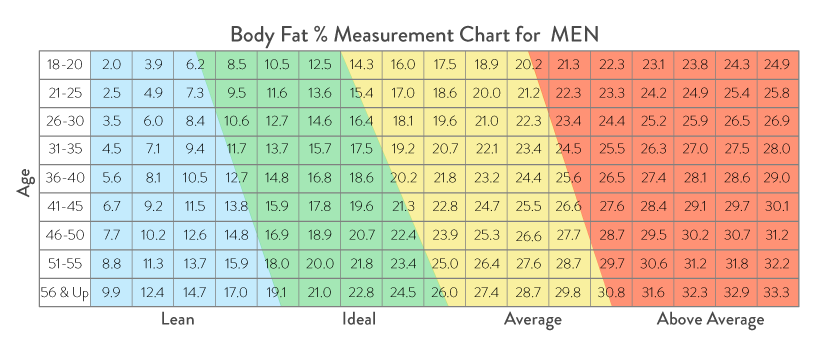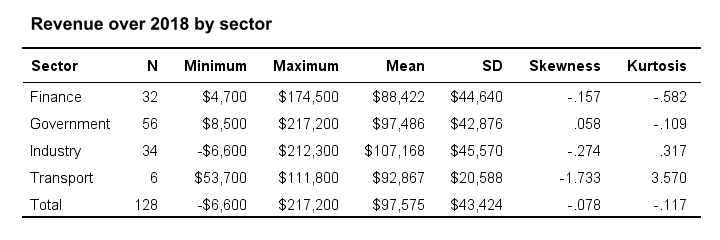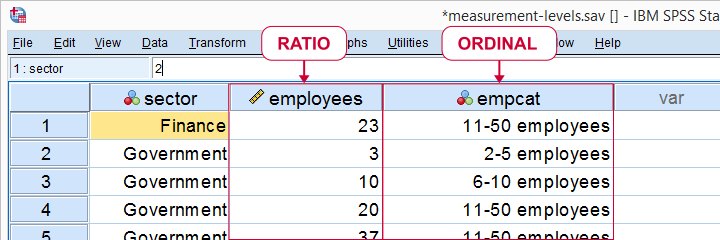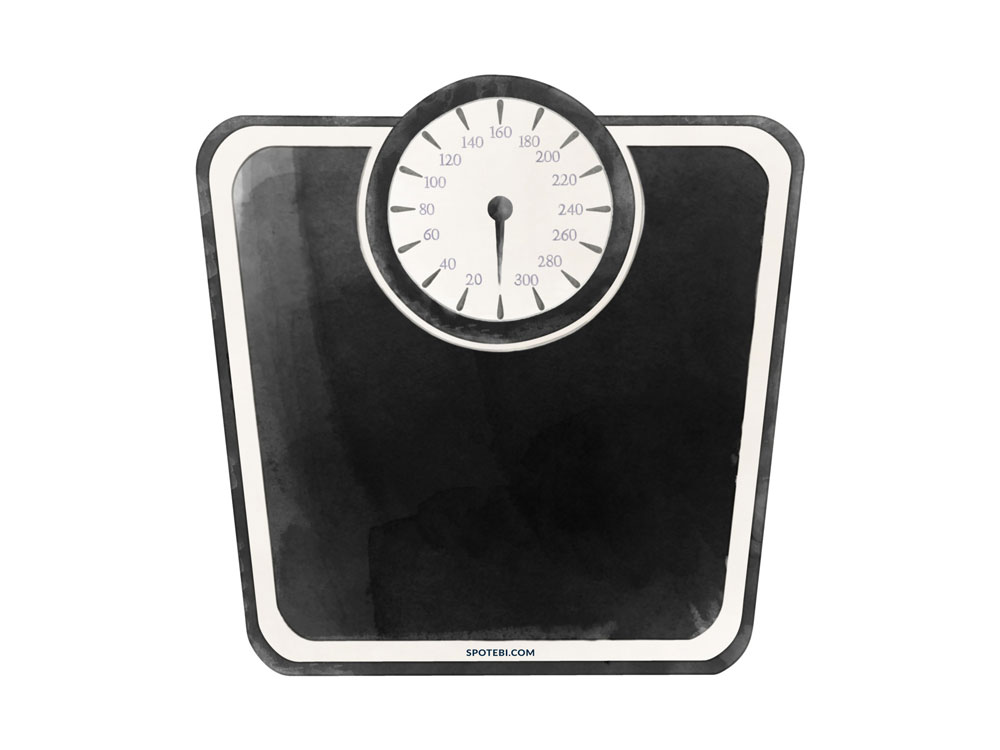The widely used body mass index bmi provides a measure that allows the comparison of the adiposity of individuals of different heights and weights. The level of measurement refers to the relationship among the values that are assigned to the attributes for a variable.
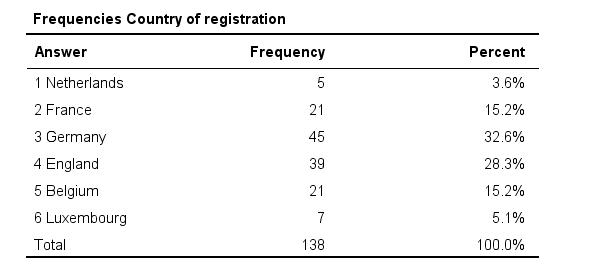
Measurement Levels A Quick Tutorial
What level of measurement is body weight. Body mass index bmi is a measure of body fat based on height and weight that applies to adult men and women. 2 pounds is less than 4 pounds you can take a mathematical average of these values ie. Something we can measure with a tool or a scale or count. For example because weight is a ratio variable a weight of 4 grams is twice as heavy as a weight of 2 grams. You simply step on the scale and the tool measures both your body weight and your estimated fat percentage. The fourth and highest level of measurement is the ratio level.
When working with ratio variables but not interval variables the ratio of two measurements has a meaningful interpretation. Body fat scales are easy to use. The body fat percentage is a measure of fitness level since it is the only body measurement which directly calculates a persons relative body composition without regard to height or weight. 3 types of data. Can be used in computations. We can compare these values on a number line.
In this post we define each measurement scale and provide examples of variables that can be used with each scale. Ratio level of measurement. However a temperature of 10 degrees c should not be considered twice as hot as 5 degrees c. The simplest measurement scale we can use to label variables is. Due to the presence of a zero it now makes sense to compare the ratios of measurements. Quantitative numerical values representing counts or measures.
There are actually four different data measurement scales that are used to categorize different types of data. Calculate your body mass index. Select compute bmi and your bmi will appear below. 2097 01069 x height in centimeters 02466 x weight in kilograms total body weight tbw in liters to get the percentage of water in your body assume 1 liter equals 1 kilogram and. Enter your weight and height using standard or metric measures. These include age muscle fat ratio height sex and body fat distribution or body shape.
Such scales work with the help of sensors underneath. In applied social research most count variables are ratio for example. Weight is a ratio variable. This means that you can construct a meaningful fraction or ratio with a ratio variable. Data at the ratio level possess all of the features of the interval level in addition to a zero value. Having excess weight can affect a persons risk of developing a number of health conditions including.

